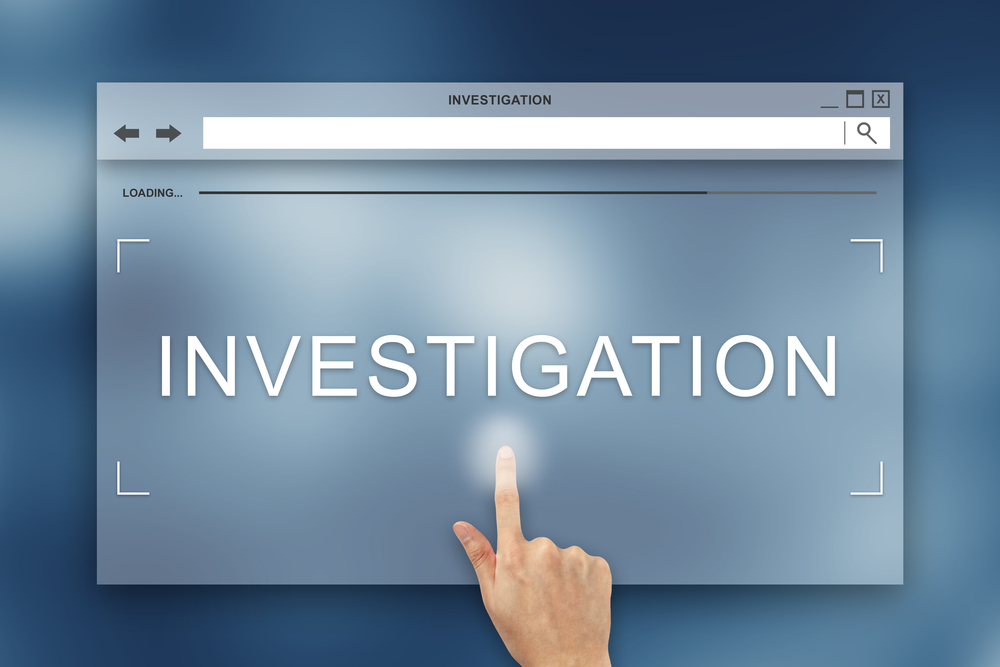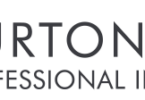The draft British Standard for the Provision of Investigative Services (BS 102000) will give professional investigators in the private sector a redefined set of working practices and a rejuvenated Code of Conduct.
The proposed British Standard recognises the, “Core competencies”, that were identified in the: Best practice guide for Private Investigators and ratified by the Security Industry Authority in the: Impact Assessment of Regulations to implement the Private Security Industry Act.
The common thread that has emerged is a set of core activities, regardless of context or complexity that are central to the Investigatory Process. For the British Standard they are: Conducting investigations, Searching for information and preserving evidence, Surveillance techniques, Conducting Interviews, Understanding and working to relevant laws and standards.
The competency criteria for Private Investigator Licensing has enabled a framework of required knowledge and, “Best Practice”, for practitioners to evolve.
The above-mentioned activities are, perhaps, unsurprisingly, the syllabus of the Level three Professional Investigator Awards that have developed in tandem with the emerging research and standards.
The first unit or paper of the Professional Investigator Award is about Planning and Reporting Information and the second unit or paper is about Gathering and Using Information.
The investigatory cycle or Investigatory Process is a good way of making sense of the issues, ideas and procedures that form the theory and practice behind private investigator licensing and the provision of investigative services.
 Copyright secured by Digiprove © 2016 Kevin John Regan
Copyright secured by Digiprove © 2016 Kevin John Regan 







Leave a Comment